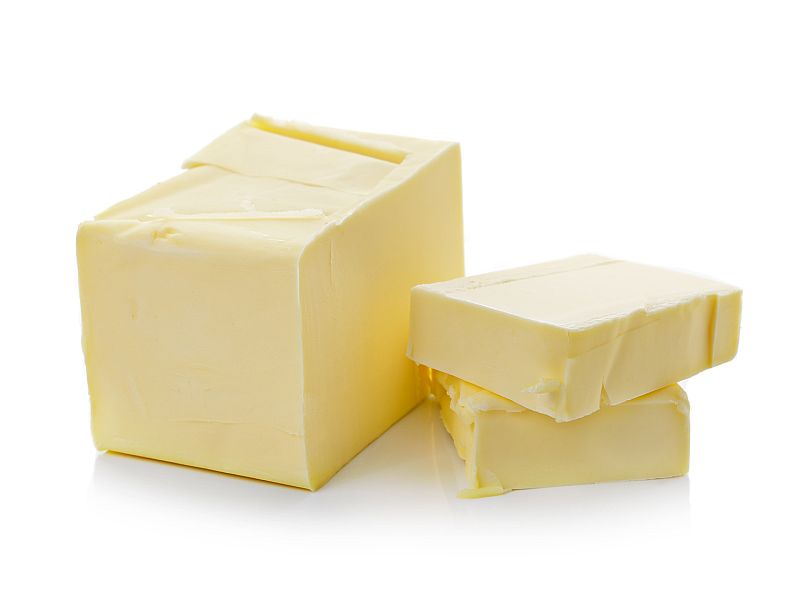
Not necessarily.
That's in part because some studies have given the saturated fat in butter a reprieve. No, you shouldn't be drowning your veggies in it or eating buttery desserts every day, but used sparingly - a pat here and there - it's unlikely to harm you. There are also light or whipped butters that add water or air to halve the amount of fat and calories in each serving while still delivering on taste.
On the other hand, you might choose from soft margarines and other spreads that include nutrients called plant sterols and stanols, which help lower cholesterol for some people. Still, any such products that include palm oil and/or palm kernel oil will have saturated fat. And at 70 or 80 calories per tablespoon, those calories can add up.
So compare the nutrition labels of all spreads you're considering. Look not only at saturated fat and total fat calories, but also at the ingredients list to see if there's any partially hydrogenated oil at all.
Although this main source of trans fat has, by and large, been removed from foods, it may not be completely gone. The U.S. Food and Drug Administration allows a food with less than 0.5 grams of trans fat per serving to state that it has 0 g of trans fat. The amount might seem insignificant in a one-tablespoon serving, but if you use two tablespoons of a spread twice day, you're not really getting zero trans fat.
Healthier alternatives to butter or margarine include spreads based on olive oil and other vegetable oils, which contain beneficial mono- and polyunsaturated fats. Even better, the next time you tear into a warm loaf of bread or roll, consider dipping it in extra-virgin olive oil in its natural state rather than coating it with a spread.








0 Comments